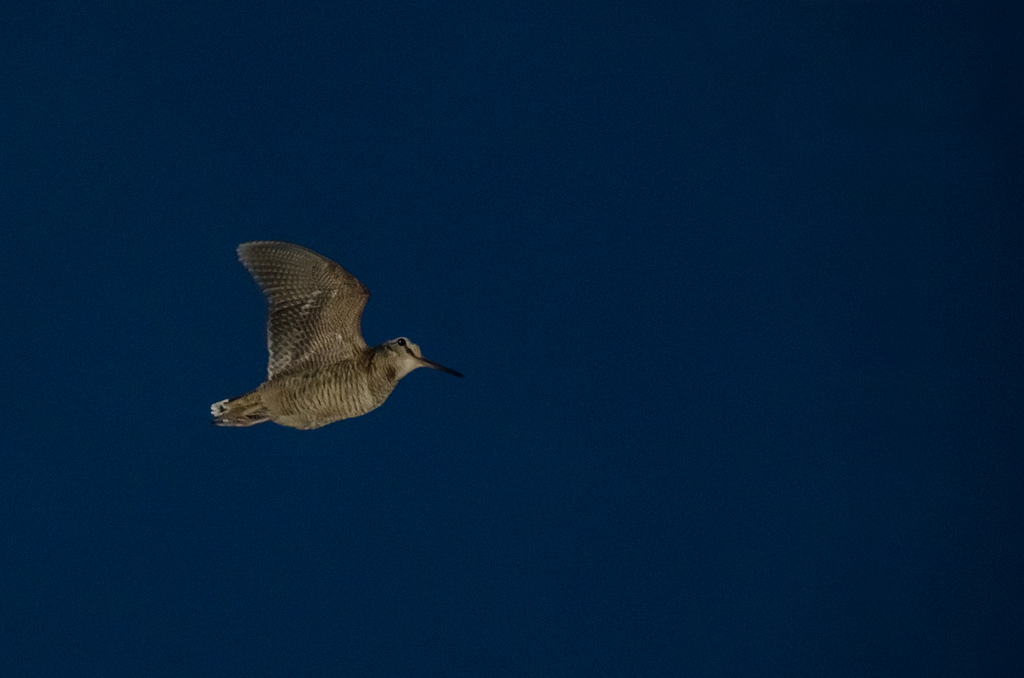New, poor, response from Defra on Woodcock shooting season

The story so far:
- 21 March, Wild Justice writes to Defra asking for a change to the shooting season for Woodcock – see here
- 5 July, after no response from Defra, despite reminders, Wild Justice submits a parliamentary petition calling for a change to the open season dates for Woodcock shooting in the UK
- 11 July, Wild Justice’s petition to limit the shooting season for Woodcock is published Limit the shooting season of Woodcock – Petitions (parliament.uk)
- 12 July, Wild Justice publicises the petition, which passes 10,000 signatures on Day 1, qualifying for a government (Defra) response.
- 28 July, Defra responds to the petition
- 1 August, Wild Justice writes to Petitions Committee pointing out that the Defra response is vague and evasive – see here.
- 7 August, petition passes 20,000 signatures
- 6 September, George Eustice responds to Wild Justice promising review of shooting season – see here.
- 7 September, Petitions Committee agrees with Wild Justice and tells Defra to produce a new response to the petition – see here.
- 30 September, petition passes 30,000 signatures
- 4 October, petition passes 40,000 signatures
- 10 October, petition passes 50,000 signatures
- 11 October, Defra published a new, poor, response to the petition
- Today, 14 October, petition passes 55,000 signatures
Below we reproduce Defra’s new, poor, response to our petition on Woodcock shooting seasons. The words in black type are Defra’s words (some of which we have deleted with strikethroughs) and the red words are ones that Defra should have, and could have, written in an honest response.
You will see that Defra still ignores the case made by shooting organisations, as well as by Wild Justice, and now supported by the RSPB too (see here), that shooting before 1 December each year is a threat to the UK breeding population. It would have done Defra no harm at all, to spell this out and to say that has persuaded them to act.
But instead, the new, poor, Defra response claims that future unimplemented and unknown measures will make a difference. It’s always vague promises of future action from this government.
We welcome the promise of a review of shooting seasons but note that there is no promise of change to that of Woodcock and there is no indication of when this review will take place. Another vague promise of jam tomorrow…
See what you think:
.
.
“Defra intends to review the list of species, including woodcock, on Schedule 2 of the Wildlife and Countryside Act 1981 including the benefits of altering the close season.”
“All wild birds are protected in accordance with the provisions set out in the Wildlife and Countryside Act 1981. Some species of birds, including the woodcock, are listed on Schedule 2 of the Act and may be hunted during the open season. In England, and Wales and Northern Ireland, the open season for woodcock is from 1 October to 31 January. Outside of this period, the close season helps to make sure that woodcocks are able to breed successfully and move between breeding and wintering grounds. The first breeding woodcock survey was undertaken in 2003 and estimated a breeding population of 78,000 pairs in Britain. A further survey in 2013 estimated 55,000 pairs, representing a decline of 29%. As a result, the woodcock has been on the Red List of Birds of Conservation Concern in the UK since 2015.
Concern has been expressed by BASC and GWCT that shooting of woodcock within the current open season months of October and November (and September in Scotland), may contribute to a decline of the UK breeding population. For this reason, shooting organisations have asked recreational shooters not to shoot woodcock during this period. It is hoped that as a result, shooting pressure on the declining resident UK woodcock population may have decreased but in the absence of recent and robust estimates of both breeding population numbers and numbers of birds shot then it cannot be certain that it has decreased and, even if it has, that it has decreased sufficiently. Furthermore, since this petition was posted a scientific study has highlighted woodcock as a species for which there is concern over the impact of shooting on the population (An initial assessment of the sustainability of waterbird harvest in the United Kingdom – Ellis – Journal of Applied Ecology – Wiley Online Library). The current petition asks us to recognise the concerns which have led to calls for voluntary shooting restraint and formalise them in the statutory shooting seasons.
Defra is committed to reviewing the protection we afford to wild birds listed on Schedule 2 of the Wildlife and Countryside Act 1981, in particular establishing the evidence underpinning the listing of species such as the woodcock, so we can ensure that recreational shooting is sustainable and does not undermine species recovery. This might include amending the close season for native species such as the woodcock. Defra will complete this review by ?????
During winter, our resident birds are joined by migrants from breeding populations in Northern Europe, and Western Russia and central Asia, increasing the Great Britain non-breeding population to 1.4 million individuals.
The reasons for the decline of the breeding population of woodcock in Great Britain are not fully understood but are likely to may also include: disturbance; habitat loss as a result of land drainage; the drying out of natural woodlands; changes in surrounding woodland management; the maturation of new plantations; and overgrazing by deer. Further work is needed to fully understand the causes of its decline.
Whilst the Department undertakes this review, the woodcock will continue to be supported by may benefit from a number of measures already in train future policy developments. We are committed to species recovery in England, and that is why, within the Environment Act 2021, we have set a new legally binding target to halt the decline in species abundance by 2030. Furthermore, Defra published a Nature Recovery Green Paper consultation on proposals to support our ambitions to restore nature and halt the decline in species abundance by 2030. We are considering the responses to the now closed consultation and the Government will publish its response in due course.
The woodcock will may benefit from a number of woodland grant schemes funded by both the Countryside Stewardship scheme and the Nature for Climate Fund, some of which specifically target management for declining woodland birds. These grants include the Woods into Management Forestry Innovation Funds, which aim to restore vulnerable woodland habitats, improve biodiversity and conserve threatened species, as well as the England Woodland Creation Offer.
More broadly, environmentally sustainable farming is fundamental to our agricultural transition outside of the EU. We are may be introducing three environmental land management schemes: the Sustainable Farming Incentive, Local Nature Recovery, and Landscape Recovery although our position on these is under review. These schemes will may pay for activities to create, manage and restore habitats such as woodland, connecting isolated habitats to form networks, and species management, all of which will may benefit some woodland bird species, perhaps such as the woodcock.
